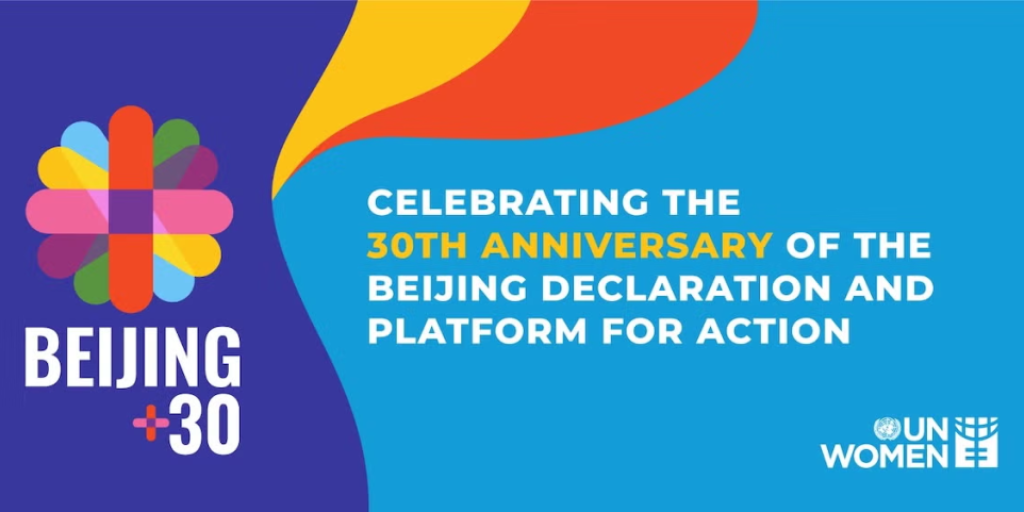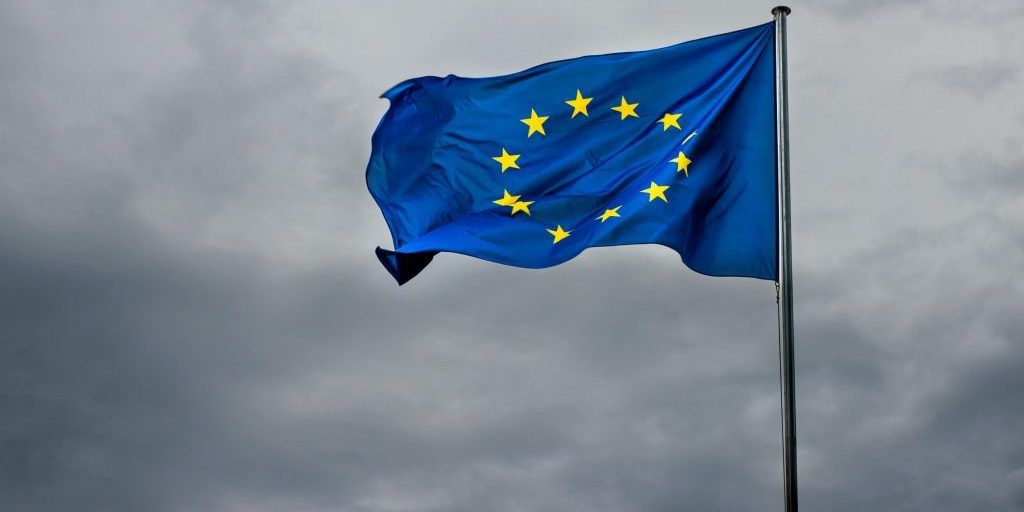Media and the law: legislation that affects journalists
The AmaBhungane Centre for Investigative Journalism writes that there is a ‘new Bill working its way through … Parliament [that] has the potential to dramatically alter the freedom of speech environment in the country’.
The General Intelligence Laws Amendment Bill (Gilab) ‘threatens to introduce security vetting of individuals and institutions “of national security interest” and creates a bulk surveillance regime with almost no safeguards’.
‘Its requirement of vetting for those that access national “key points” – which includes the national broadcaster – is also a clear threat to the independence of the media.’
And Gilab is not the only concerning proposed legislation which could dramatically affect the way the media produces, and how the public consumes, news. And yet free speech activists are far more active in condemning these possible new laws than the media itself.
The Cybercrimes Act could make many of us criminals, in effect. Michalson’s explains that ‘law enforcement wants to curtail our freedom by making everyday things a crime’.
‘It impacts all of us who process data or use a computer. Individuals, parents, journalists, organisations, banks and many others will probably commit many offences daily.’
Its view is that the Protection of Personal Information Act (the POPI Act or POPIA) has ‘very few but specific crimes, and there was a collective sigh of relief by everyone when failing to comply with the POPI Act did not mean that you were committing a crime’.
‘The unintended effect of the Cybercrimes Act is that it essentially criminalises the POPI Act and makes non-compliance a crime. The Cybercrimes Act also opens the door for selective prosecution.’
AmaBhungane agrees, stating that ‘[the POPI Act] has the laudable goal of protecting individuals’ privacy, but its implementation means that access to information is severely constrained’.
‘The Cybercrimes Act seeks to ensure online safety, but it may work to limit journalists’ access to leaked information.’
A joint submission in 2022 by Amnesty International South Africa, the Campaign for Free Expression (CPE), the Committee to Protect Journalists (CPJ), Media Monitoring Africa (MMA) and the South African National Editors’ Forum (SANEF) to the Universal Periodic Review, a unique mechanism of the Human Rights Council that calls for 193 United Nations Member States to undergo a peer review of their human rights records every 4.5 years, included a focus on freedom of opinion and expression and on progress made since the last review in 2017.
The submission pointed out that the Cybercrimes Act ‘criminalises the “disclosure of data messages which are harmful” in order to “protect complainants from [the] harmful effects of malicious communications” ‘.
‘In other words, ‘journalists or human rights defenders who publish content that falls within the scope of “malicious communications”, but which may be in the public interest or in the interests of justice may still be criminally liable in terms of the Act.
‘There is also a lack of an appropriate internet governance policy in South Africa to ensure effective and coherent responses to cybercrimes in line with good governance practices.’
Their view was that the Cybercrimes Act should be amended ‘to include a public interest defence to protect journalists and other media workers’.
CPJ said Justice Deputy Minister John Jeffery told them that ‘the lack of a public interest override was not raised during public submissions about the … Act’ and that the justice department was ‘not averse to making changes to draft laws if threats to press freedom arose, and it had done so previously, even when journalists had raised concerns at the eleventh hour’.
The joint submission by Amnesty, the CPE, the CPJ, MMA and SANEF also gave attention to the Prevention and Combating of Hate Crimes and Hate Speech Bill, which, explains ALT Advisory, will criminalise certain acts defined as hate crimes and hate speech if signed into law.
The National Assembly passed the Bill in March 2023. It has since been sent to the National Council of Provinces (NCOP) for further consideration.
‘The Bill defines hate speech as a clear intention to (1) be harmful or incite harm and (2) to promote or propagate hatred on a list of characteristics including race, gender, sexual orientation, gender identity, religion, nationality, and culture.
‘Notably, the offence of hate speech will extend to the distribution of such speech on electronic communication, including social media and other online communications.’
AmaBhungane achieved a victory when it and its managing partner, Sam Sole, took the Regulation of Interception of Communications and Provision of Communication-related Information Act (RICA) to court in 2017.
Its application ‘challenged the constitutionality of elements of RICA … the law which permits the interception of communications of any person by authorised state officials subject to prescribed conditions’.
It argued that ‘the protections built into the Act to prevent abuses of this necessary invasion of privacy were not constitutionally up to scratch’. It also ‘challenged the practice of the intelligence services in conducting so-called “bulk interception” on the basis that there was no law that gave them the right to do that’.
High Court Judge Roland Sutherland ‘supported all our areas of concern, declaring the relevant provisions of RICA unconstitutional and giving Parliament two years to fix the problems’.
Justice Sutherland supported journalists’ rights ‘to communicate securely with their sources, and against the politicised abuse of the state’s surveillance capacity in general’.
‘Most notably, Sutherland struck down RICA’s system of total secrecy that prohibits people whose communications have been targeted for surveillance from ever being notified of it, even long after an investigation has been concluded.
‘The high court’s ruling would require authorities to notify those they have spied on within 90 days, unless a judge can be persuaded to postpone such notification to protect an ongoing investigation.’
AmaBhungane’s RICA matter would go on to the Constitutional Court in 2020, and a majority judgment penned by Madlanga J (Khampepe J, Majiedt J, Mathopo AJ, Mhlantla J, Theron J, Tshiqi J and Victor AJ concurring) and given in February 2021, held that interception and surveillance of an individual’s communications under RICA is ‘a highly invasive violation of privacy, and thus infringes section 14 of the Constitution’.
SANEF and aligned media freedom activists MMA, AmaBhungane and Right2Know also acheived a long- and hard-won success when their efforts over a number of years ‘to raise awareness about the unconstitutional nature of many parts of the Protection of State Information Bill’ resulted in President Cyril Ramaphosa taking ‘steps to have the controversial and draconian ‘’Secrecy Bill” reviewed and aligned with the Constitution’ in June 2020.
‘One of the most draconian aspects of the [Bill] included a 15 to 25-year jail term for any journalist found to have ‘’classified” documents in their possession.’
MMA and others also went to war to see Section 154 (3) of the Criminal Procedure Act amended, a key question being: does the relevant Section permit the media to publish the identity of children who are victims of crimes, but have not yet testified or are not called to testify at trial? Further, if so, is this consistent with the Constitution?
The matter between MMA, the Centre for Child Law, Childline South Africa, the National Institute for Crime Prevention and the Reintegration of Offenders and ‘KL’ (a plaintiff), and Media24, Independent Newspapers, the Times Media Group, the Minister of Justice and Correctional Services and the National Director of Public Prosecutions was decided by the Constitutional Court in December 2019.
The result was the Section 154 (3) of the Criminal Procedure Amendment Act of 2021, by which ‘the general rule when it comes to identifying children is that “no person shall before, during or at any stage after the conclusion of criminal proceedings, in any manner, including on any social media or electronic platform publish any information which reveals or may reveal the identity of an accused, victim or witness who is or was under the age of 18-years-old at the time of the alleged commission of an offence” ‘.
- This article was compiled by Janet Smith, adjudicator at the Press Council




